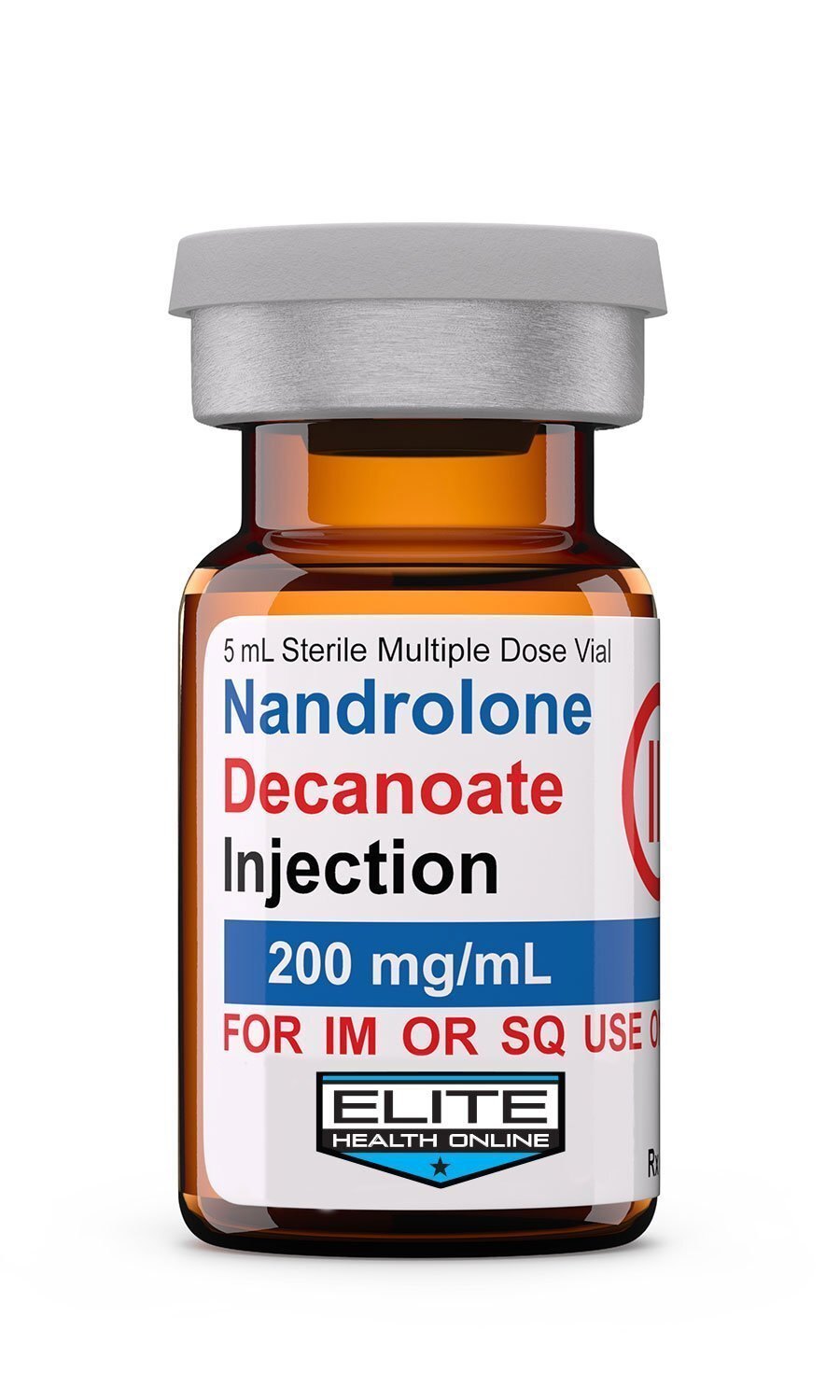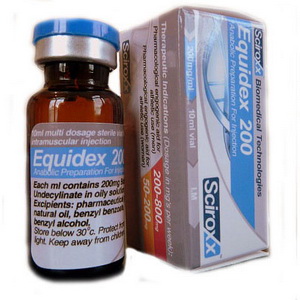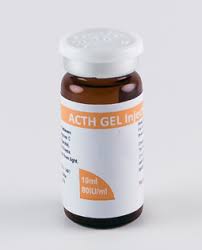Naloxone Hydrochloride Injection
Naloxone Hydrochloride Injection is a pure opioid antagonist medication used in veterinary medicine to reverse the effects of opioid drugs in various animal species. Naloxone Hydrochloride Trade and other names: Narcan and Trexonil Functional classification: Opioid antagonist Naloxone is a drug used to reverse the effects of opioids. It is used primarily under direct supervision of a veterinarian.
Mechanism of Action
Pharmacology:
Opiate antagonist- Naloxone works as a competitive antagonist at opioid receptors, blocking the effects of opioid agonists without producing opioid effects itself.
The drug rapidly displaces opioid molecules from their receptor binding sites, effectively reversing:
Respiratory depression
Sedation
Analgesia
Other opioid-induced effects
Clinical Indications
Primary Uses in Veterinary Medicine:
Naloxone is predominantly used to reverse such depressant effects. It has also been used to reverse other opiate-induced side effects, such as constipation and itchiness. Naloxone is also used in the treatment of certain types of shock. Naloxone Hydrochloride Injection
Specific Applications:
Opioid Overdose Reversal: Emergency treatment for accidental or intentional opioid overdose
Respiratory Depression: Primary indication for reversing opioid-induced breathing suppression
Post-Anesthetic Recovery: Accelerating recovery from opioid-based anesthesia protocols
Side Effect Management: Reversing unwanted opioid effects like constipation or pruritus
Shock Treatment: Adjunctive therapy in certain shock conditions
Spinal/Brain Trauma: It is also sometimes used in the treatment for spinal/braininjuries
Dosage and Administration
Human Medical Guidelines (Reference):
For the initial reversal of respiratory depression, naloxone hydrochloride should be injected in increments of 0.1 to 0.2 mg intravenously at two to three minute intervals to the desired degree of reversal, i.e., adequate ventilation and alertness without significant pain or discomfort. Naloxone Hydrochloride Injection
Veterinary Dosing Considerations:
dogs were randomly assigned to receive naloxone IN (4 mg via a commercially available fixed-dose naloxone atomizer; mean ± SD dose, 0.17 ± 0.02 mg/kg) or IV (0.04 mg/kg)
Administration Routes:
Injectable forms are given intravenously, intramuscularly, or subcutaneously (under the skin). Follow your veterinarian or pharmacist’s directions on how and when to administer this medication.
Available Routes:
Intravenous (IV): Most rapid onset, preferred for emergency situations
Intramuscular (IM): Suitable when IV access is difficult
Subcutaneous (SQ): Alternative route for less urgent situations
Intranasal (IN): Nasal sprays are given intranasally (directly into the nose) Naloxone Hydrochloride Injection
Formulations Available
Injectable Forms:
Naloxone comes in nasal spray and injectable forms
Common Concentrations:
Standard injectable solutions
Various concentration options for different clinical needs
Ready-to-use vials and ampules
Species Applications
Equine Use:
While specific equine dosing wasn’t detailed in the search results, naloxone is used in horses for:
Reversing opioid-based sedation protocols
Emergency treatment of opioid overdose
Managing respiratory depression from opioid analgesics
Post-anesthetic recovery acceleration Naloxone Hydrochloride Injection
Small Animal Applications:
Research has been conducted on naloxone use in dogs, showing effectiveness for:
pharmacokinetics and pharmacodynamics of naloxone hydrochloride in dogs following intranasal (IN) and IV administration
Working dog exposure reversal: Working dogs exposed to narcotics might require reversal in the field
Clinical Considerations
Off-Label Use:
It is used off label (extra label) in veterinary medicine. Many drugs are commonly prescribed for off-label use in veterinary medicine. “Off label” means the drug is being used in a way that has not been reviewed or approved by the U.S. Food and Drug Administration (FDA) or Health Canada.
Professional Supervision Required:
In these instances, follow your veterinarian’s directions and cautions carefully, as they may be significantly different from those on the label
Emergency Protocols:
Seek immediate veterinary care after administering this medication and/or if there is a suspected opioid overdose
Pharmacokinetics
Onset and Duration:
Rapid Onset: Effects typically seen within minutes of IV administration
Short Duration: May require repeated dosing as naloxone’s effects wear off before the opioid is fully eliminated
Repeated Dosing: Often necessary due to shorter half-life compared to many opioids Naloxone Hydrochloride Injection
Route Comparison:
Research in dogs shows different pharmacokinetic profiles depending on administration route, with IV providing fastest onset and intranasal offering non-invasive alternative.
Safety and Monitoring
Post-Administration Care:
Continuous monitoring for re-sedation as naloxone effects diminish
Assessment of respiratory function and cardiovascular status
Observation for return of opioid effects requiring additional naloxone doses
Pain management considerations as analgesia is reversed Naloxone Hydrochloride Injection
Contraindications and Precautions:
Use with caution in animals dependent on opioids
Monitor for acute withdrawal symptoms
Consider pain management alternatives when reversing analgesic effects
Professional veterinary oversight essential for proper use
Emergency Applications
Naloxone serves as a critical emergency medication in veterinary practice, particularly valuable for:
Accidental opioid exposure in animals
Anesthetic emergencies involving respiratory depression
Field situations requiring rapid opioid reversal
Working animal exposure to illicit substances
The medication represents an essential tool in veterinary emergency medicine for managing opioid-related complications across various animal species. Naloxone Hydrochloride Injection




Reviews
There are no reviews yet.